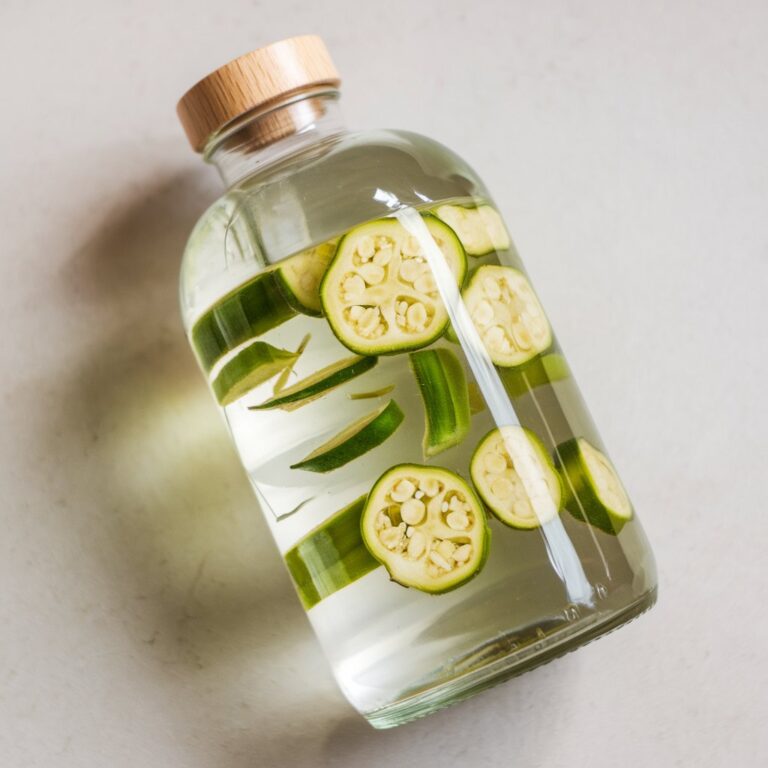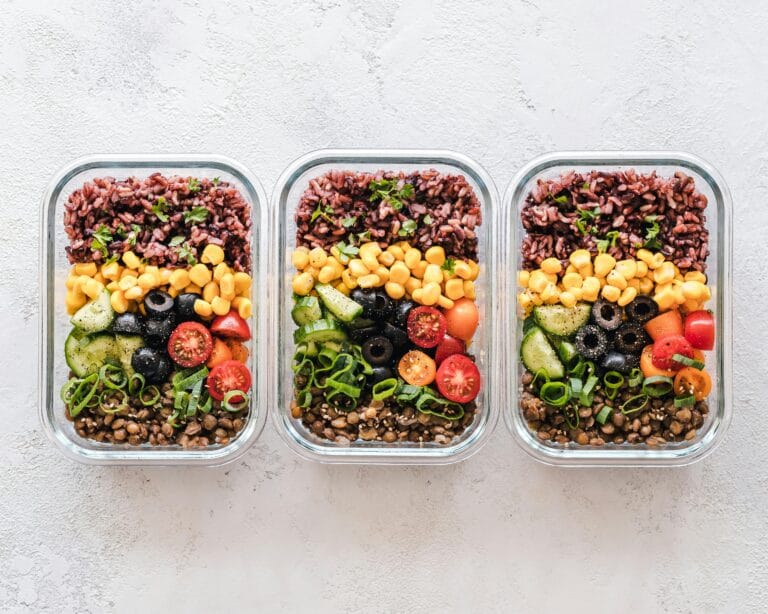FREE SHIPPING OVER $50
Eat These 10 Foods to Keep Your Hearing Sharp as You Age—Audiologists Swear By Them

For many of us, the idea of age-related hearing loss feels like an inevitable part of getting older. It’s something we might worry about as we notice it in our parents or grandparents, and we assume it’s simply a matter of time. While factors like genetics, noise exposure, and general healthy aging play a massive role, a growing body of research—and the expertise of audiologists—is pointing to a powerful and often overlooked factor: nutrition.
What you eat has a direct impact on the delicate structures of your inner ear. Just like your heart and brain, your ears require specific nutrients to function optimally and to defend themselves against damage. By fueling your body with the right foods, you can take a proactive step toward protecting your hearing health and keeping your senses sharp for life. In this article, we’ll reveal the 10 foods that audiologists and other experts say are essential for preserving your hearing, and we’ll break down the science behind why they work.
The Unseen Threat: How Diet Impacts Your Hearing
To understand why your diet matters for your ears, you need to know what causes age-related hearing loss. While many people think of it as simple wear and tear, the primary culprits are often subtle and linked to what’s happening inside your body.
- Oxidative Stress: This is a key factor. Your inner ear contains thousands of tiny, delicate hair cells (cochlear hair cells) that are responsible for converting sound vibrations into electrical signals your brain can interpret. Over time, these cells can be damaged by free radicals—unstable molecules produced by normal bodily processes. This damage is known as oxidative stress, and it’s a major driver of age-related hearing loss.
- Inflammation: Chronic, low-level inflammation can damage blood vessels, including those that supply the inner ear. Since your inner ear is so dependent on a steady supply of oxygen and nutrients, poor blood flow can lead to cell damage and a gradual decline in function.
- Nutrient Deficiencies: Your inner ear requires a precise balance of fluids and specific nutrients to operate. Deficiencies in key vitamins and minerals can disrupt this balance and leave the ear’s delicate structures vulnerable to damage.
Fortunately, the foods you eat can provide your body with the ammunition it needs to fight these threats.
The 10 Foods Audiologists Swear By for Hearing Health
Here are 10 powerhouse foods that are scientifically proven to provide the nutrients your ears need for long-term hearing health.
1. Fatty Fish (Salmon, Sardines, Mackerel)
This is at the top of the list for a reason. Fatty fish are packed with Omega-3 fatty acids, a type of healthy fat with powerful anti-inflammatory properties. Omega-3s help improve blood flow throughout the body, including to the tiny blood vessels that supply your inner ear. By reducing inflammation and promoting circulation, these fats help protect the delicate cochlear hair cells from damage.
2. Bananas
Bananas are rich in Potassium, a mineral that plays a vital role in maintaining the fluid balance in your inner ear. The fluids in your cochlea play a crucial role in converting sound into nerve impulses. As we age, our potassium levels can decrease, making it more difficult for the inner ear to function properly. Eating potassium-rich foods like bananas helps ensure your inner ear has the resources it needs to work properly.
3. Dark Leafy Greens (Spinach, Kale)
Leafy greens are a nutritional powerhouse for your entire body, and your ears are no exception. They are an excellent source of Magnesium, a mineral with significant benefits for hearing health. Magnesium helps to improve blood circulation, which ensures a steady supply of oxygen to the inner ear. It also helps protect the hair cells from the damaging effects of oxidative stress.
4. Nuts and Seeds (Almonds, Walnuts, Flaxseeds)
Snacking on nuts and seeds can be a smart move for your hearing. They are loaded with Zinc, a mineral that strengthens your immune system and helps protect against ear infections. Zinc is also a powerful antioxidant that helps defend against the free radical damage that can lead to age-related hearing loss. Additionally, the Vitamin E found in many nuts acts as a potent antioxidant, protecting the blood vessels and nerves around your ears.
5. Broccoli
Broccoli is more than just a vegetable; it’s a superfood for your ears. It is packed with folate and other antioxidants that are essential for protecting the delicate cells in your inner ear. Studies show that a diet rich in antioxidants helps combat oxidative stress and can help reduce the risk of hearing loss.
6. Dark Chocolate (70% Cocoa or Higher)
Yes, you read that right. Dark chocolate is a fantastic source of Magnesium and antioxidants. The flavonoids in cocoa are a type of antioxidant that can improve blood flow throughout the body, including to your ears. Just be sure to choose a high-quality dark chocolate with at least 70% cocoa to get the maximum benefits without excessive sugar.
7. Beans and Legumes
Foods like lentils, chickpeas, and black beans are rich in Zinc and folate. Folate, or Vitamin B9, is a key nutrient for healthy circulation. By supporting good blood flow to the inner ear, folate helps ensure the cochlear hair cells receive the oxygen and nutrients they need to stay healthy.
8. Bell Peppers
Bell peppers are an excellent source of Vitamin C, a powerful antioxidant that helps neutralize free radicals and protect your ear health. Vitamin C also supports a strong immune system, which is crucial for preventing infections that can harm your ears.
9. Avocados
Avocados are known for their healthy fats, but they also contain a high amount of Potassium. As we mentioned with bananas, potassium is vital for maintaining the inner ear’s fluid balance and ensuring sound waves are properly converted into electrical signals for the brain.
10. Citrus Fruits (Oranges, Grapefruits)
Just like bell peppers, citrus fruits are a fantastic source of Vitamin C. Including them in your daily diet is a simple and delicious way to load up on antioxidants that help fight inflammation and protect against oxidative stress.
A Holistic Approach to Hearing Health
While nutrition is a powerful tool for preserving your hearing, it is only one part of the equation. To truly protect your hearing for life, you must adopt a holistic approach.
- Protect Your Ears from Noise: This is the most crucial step. Wear earplugs in loud environments like concerts, sporting events, or when using power tools. Use noise-canceling headphones to avoid turning up the volume too high.
- Exercise Regularly: Physical activity is a huge contributor to healthy aging and has a direct impact on your ear health. Regular exercise improves blood flow to every part of your body, including your ears, which helps to keep your cochlear hair cells well-supplied with oxygen and nutrients.
- Get Regular Check-ups: Don’t wait until you notice a problem to see an audiologist. Regular hearing tests can help identify subtle changes early on and give you the chance to take proactive steps to preserve your hearing.
Conclusion
The narrative that hearing loss is an inevitable part of life is a myth. While it may be a natural part of the aging process, you have the power to slow its progression and protect your ear health for years to come. By making simple, conscious choices at the grocery store and on your plate, you can provide your body with the essential nutrients it needs to fight back against the damage caused by time and the environment.
The path to a lifetime of sharp hearing is not a secret. It’s a combination of protecting your ears, staying active, and fueling your body with the powerful foods that audiologists and science agree are essential for a long and vibrant life with all your senses intact.
Related Articles
- 10 Anti-Aging Superfoods That Could Add Years to Your Life (Science Says So)
- Want a Sharper Mind? These 10 Superfoods Are Dietitian-Approved for Brainpower
- Craving Fast Food? This Burger Is Shockingly Healthy—and Dietitian-Approved
- Turns Out Eating Chocolate Daily Might Be the Healthiest Habit You’ll Ever Start
- The 30 Best Pizzerias in America (The International Rankings Might Shock You)







